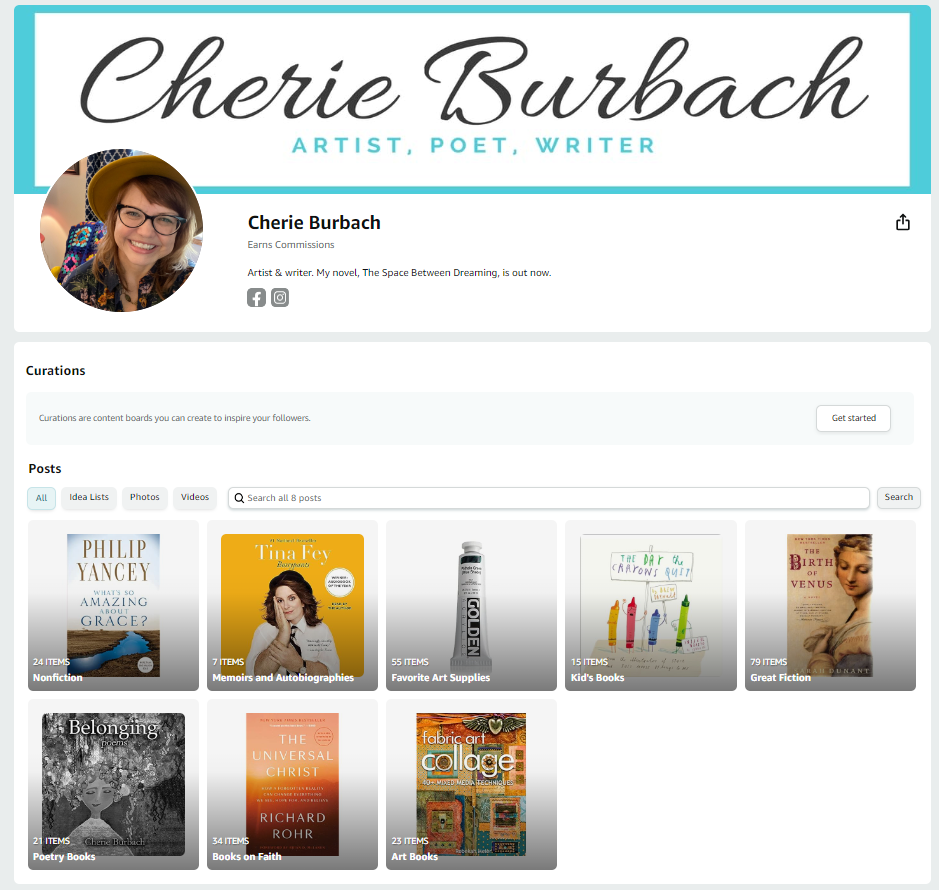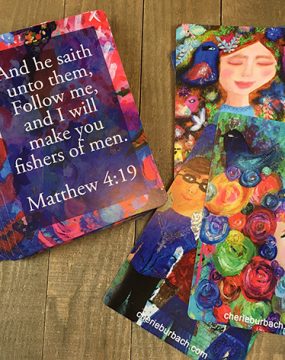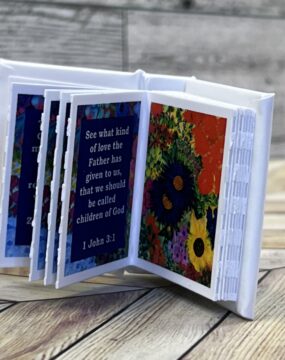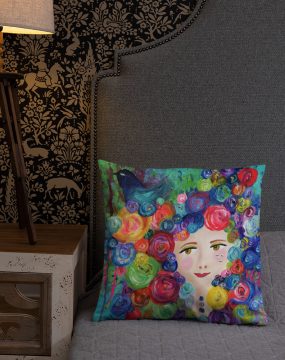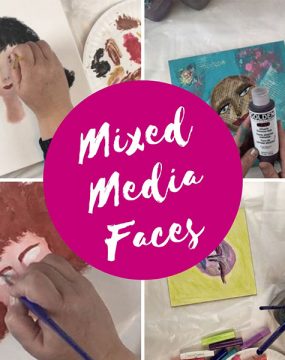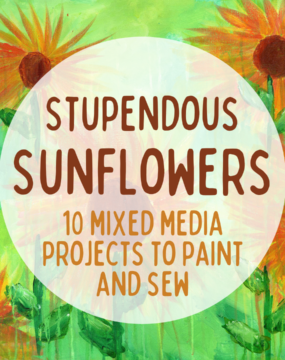One of the best things about writing my “This I Believe” essay all those years ago (about ten, if I’m counting), is seeing how many different ways it has been discussed for school projects. I get emails from students who are doing papers on it and teachers who are using it for various writing projects, and it makes me happy that this subject of verbal abuse is being talked about openly.
My This I Believe Essay Is Being Used in Schools
I recently found out that my essay is one of 25 that the University of Louisiana is using as part of a freshman English class. The list of 25 essays is required reading for the 2016 incoming freshman class.
A couple months ago an 8th grade teacher sent me a packet of “genre shift” poems, where the students had used my essay as a way to create poetry.
So from 8th grade to college, this essay (and all those like it) are being discussed. I get a lot of questions from students and teachers and others about this essay, even now after all these years. So I thought I’d answer a few common questions here. If you’ve got a question for me, I can always be reached directly, too.
Did you know that your essay would be this popular?
I had no idea when I wrote the essay that we would still be talking about it (or talking about it all!) at the time I wrote it. Back then, I had heard that NPR was looking for essays as part of the revived “This I Believe” project and I wrote something quickly and sent it in. I didn’t really think about it. I didn’t spend a lot of time over the word choice or how I would talk about the verbal abuse I had experienced.
Was this the first time you opened up about your childhood?
No. In 2004, I published a poetry book called The Difference Now, and that was the first time I remember putting it all out there. In doing marketing for my poetry book, I was talking more about it and writing about it.
But even then, I was already miles ahead of it emotionally. I think it’s important when you’re being vulnerable and talking about an issue you’ve struggled with that you’re sure you’re in a good place before you talk about it publicly. The writing of this essay wasn’t part of my recovery, it was part of the way I wanted to use my recovery to help someone else.
Did you choose the name for your This I Believe essay?
No. The folks at NPR picked that, probably from the first line in the essay.
Do you think verbal abuse is understood more now than when you wrote this a decade ago?
Yes and no. I do think we’ve talked about it more and that is always the first step, but I think we have a way to go in our society and in our homes with truly understanding verbal abuse.
Some people do not get “what the big deal” is because they never experienced it. They think verbal abuse is the same as being criticized or having someone tell you something negative. That’s not it.
Verbal abuse systematically changes your brain. For me, it started when I was a baby and continued from both my parents, so it was what I believed was the truth. One parent was the alcoholic and main abuser and the other was the enabler who joined in the taunts. As a result, I never felt safe and certainly never liked myself very much.
Even when you are older and someone tells you “that’s not true,” your heart believes it is because that’s all you’ve known. Verbal abuse is done by someone with power to bully you into feeling bad about yourself. It’s a way of control, and leaves scars just as hits and slaps do. The good news is that there is a way out of it, and that’s the reason I wrote the essay.
Do you still deal with the same issues from your childhood?
Part of the reason I talked of my experience with verbal abuse (and the other problems I had growing up in a household with an alcoholic) was to show people that there is a way out of all that. Silence and shame are what kept my family under the same negative patterns, so talking about it and giving light and air to those issues help them come to the surface so you can heal from them.
For anyone recovering from verbal abuse, I can tell you that you recognize your patterns and when you see them again you protect yourself. That’s what I do now. If someone tries to tell lies about me or continually puts me down, I get distance. Life is always filled with ups and downs but I have a very happy life and have for decades.
Going through any type of recovery requires self reflection, so you get to know yourself. You understand your motivation in keeping negative people in your life or why you keep trying to love someone who refuses to love you back. Then you correct, pray for them and yourself, and move on. My life is so different now from when I was a kid that as that popular quote goes, the past is foreign to me.
When I was about 30 I finally fought my way out of the negative patterns of the past. My life today is a beautiful reflection of God’s grace. But God was always with me and the central point in my life. He is the reason I am here and why I am thankful to celebrate each new day.



